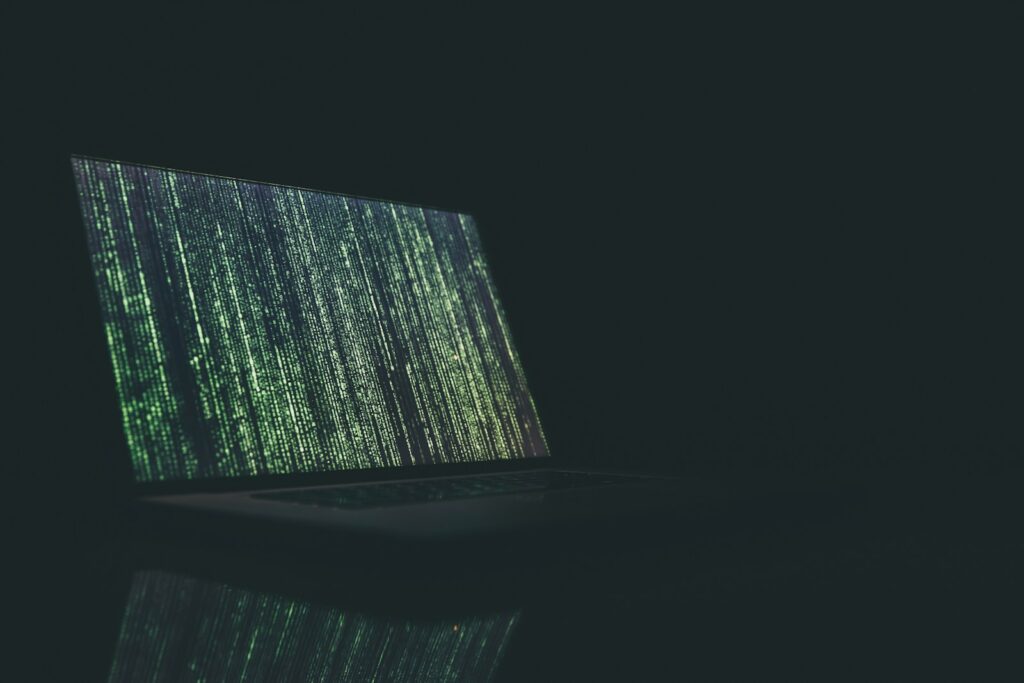Gaming and education are usually not two words you can put together. For many, gaming or playing a video game is associated with sitting on a couch, eating snacks and shooting an NPC as you rage at the TV. However, gaming is so much more than that. Games have proven to be an effective educational tool, teaching players historical events and life lessons. Social scientists and professors have researched the connection between games and education, finding astonishing results.
Educating Through Games
Teachers are using games in the classroom more than ever. For example, Vanessa Haddad, a university lecturer at the University of Buffalo, is known for using video games to teach pupils. She uses games such as Two Interviews to teach children about inequality in the workplace. The game outlines the differences between genders when applying for interviews. It is the perfect game for teaching students about the disparity between men and women.
On the other hand, larger triple AAA games like Assassins Creed Odyssey are also effective tools for teaching students. Playing in the Past is an example of this. Playing in the Past is an interactive video series on Twitch that uses Assassins Creed Odyssey to dive into Egypt’s ancient history. The series features three experts in Egyptology, each using the world of Odyssey to explain Egypt’s deep past.

As a result, games are often underrated in their educational use. They are great tools to use in education and are far more effective than classic textbooks and educational materials used in modern-day classrooms.
Gaming is the Perfect way to Introduce the Masses to the Metaverse
Games will become more intrinsically connected with education as we approach the Metaverse. The rise of NFTs and Blockchain has facilitated a new age of gaming that is not only starting to teach players concepts and ideologies but game economics and life skills.
Blockchain and NFT games will require gamers to cooperate and work with one another to play to earn. When gamers play to earn, they will effectively control their in-game finances, giving players an in-depth understanding of game economics. Similarly, Blockchain games will be more cooperative than games we see today, with gamers working together to play to earn.
Increased collaboration will teach players vital social skills. An example of this is gaming guilds; gaming guilds use the Blockchain and DAO to bring gamers together to play to earn democratically. The main function of gaming guilds is to put the player in charge. Due to the power of the DAO, this is possible, driving players to collaborate to run guilds, teaching players more about NFTs and Blockchain and how to cooperate and lead by example.
In summary, Blockchain gaming will take the educational opportunities of games to new heights. Blockchain gaming will revolutionise how we see games and educate gamers on cryptocurrency, NFTs and everything Blockchain related. In a world where many do not understand Blockchain technology, gaming may be the perfect way to introduce the masses to the Metaverse and its many components.
For more market insights, check out our latest Digital Twin news here.













